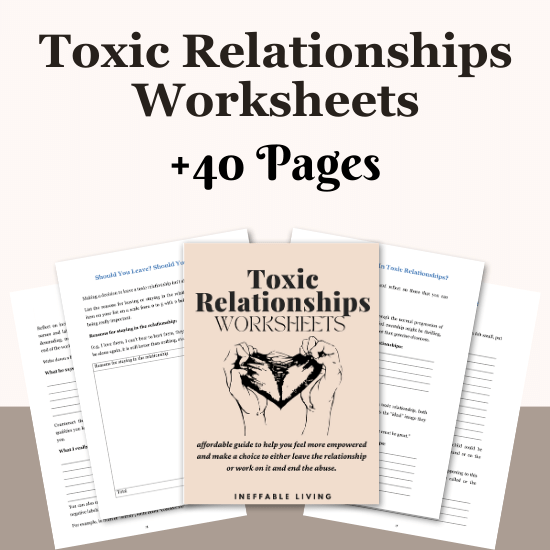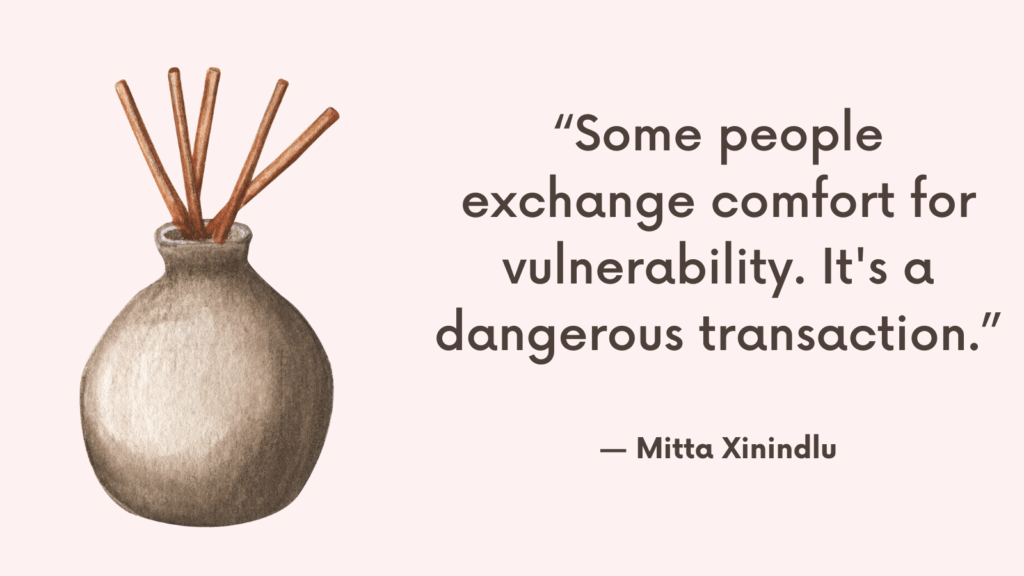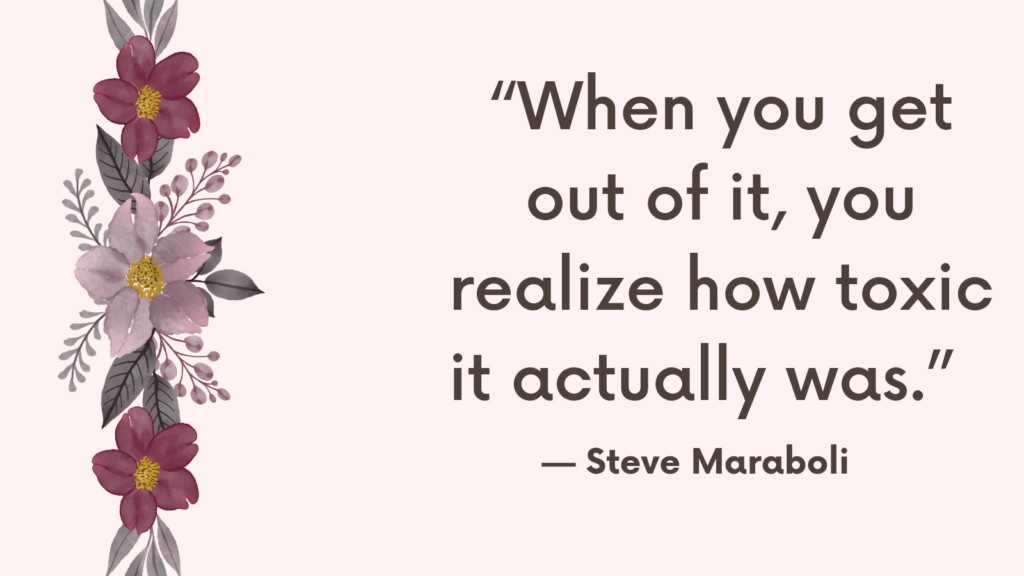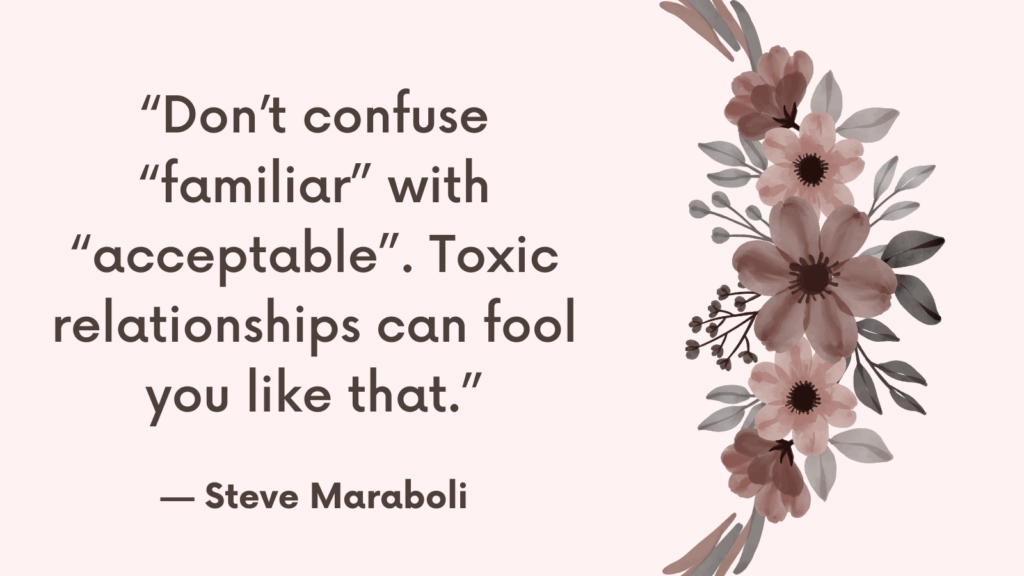You’re in the middle of a conversation — or maybe an argument — and suddenly, the other person shuts down. They stop responding. They avoid eye contact. They leave the room. They may act like you don’t exist at all. You’re left hanging in silence, confused, hurt, and doubting whether you’re overreacting.
This is called stonewalling, and it’s one of the most emotionally damaging communication tactics in relationships. Over time, it can silently erode your sense of safety, value, and identity — especially if it happens repeatedly or in response to your emotional needs.
Here’s what stonewalling really means, why it happens, and how it impacts your self-worth.
What Is Stonewalling?
Stonewalling is a behavior in which one person withdraws from interaction — physically, emotionally, or verbally — and refuses to engage. It often happens during conflict, but it can also show up as chronic emotional avoidance.
It may look like:
- Silent treatment during or after an argument
- Walking away without warning
- Flat-out refusal to answer questions
- Changing the subject to shut the conversation down
- Giving minimal responses like “whatever” or “I don’t care”
Stonewalling is not the same as taking a healthy break to cool down and regroup. True stonewalling is meant to punish, control, or avoid accountability.
Why People Stonewall
Stonewalling isn’t always malicious — but it’s always harmful. Some people stonewall because they don’t have the tools to handle emotional discomfort. Others use it to assert dominance or manipulate.
1. Emotional Shutdown
They feel overwhelmed and don’t know how to process intense emotions, so they disconnect instead.
2. Avoidance of Responsibility
They don’t want to face what you’re saying, so they disappear — hoping the issue will go away on its own.
3. Power and Control
They know silence hurts you. Withholding attention becomes a way to maintain control in the dynamic.
4. Learned Behavior
They may have grown up in households where emotions were ignored or punished, and now repeat the same harmful patterns.
Related: Top 8 Signs A Narcissist Is Stonewalling You
How Stonewalling Erodes Your Self-Worth?
Being repeatedly stonewalled doesn’t just leave you frustrated — it deeply impacts how you see yourself, your needs, and your place in the relationship.
1. You Start Questioning Your Reality
When someone refuses to engage, you’re left to fill in the blanks. You may start to wonder if you were too sensitive, too demanding, or too much.
2. Your Emotional Needs Feel Invalid
When you reach out and are met with silence, the message becomes clear: Your feelings don’t matter. Over time, you may stop expressing yourself altogether.
3. You Internalize Rejection
Chronic stonewalling feels like abandonment. Even though it’s about their inability to engage, you begin to believe you’re unworthy of love, attention, or respect.
4. It Triggers Deep Insecurity
The unpredictability of stonewalling creates emotional instability. You might feel constantly on edge, waiting for the next shutdown — which leads to anxiety, overthinking, and self-blame.
5. It Teaches You to Walk on Eggshells
You start tiptoeing around difficult topics, afraid that any emotional expression will cause another wall to go up. Your voice shrinks. Your confidence dims.
Related: Why Do Narcissists Become Distant? Top 8 Reasons
How to Cope With Stonewalling?
Whether it’s from a partner, parent, or friend, being stonewalled hurts. And while you can’t control their behavior, you can protect your own well-being.
1. Name It Clearly
Call the behavior what it is. “When you walk away and don’t respond, I feel dismissed and hurt.” Use calm, direct language — not to change them, but to stand in your truth.
2. Don’t Chase or Beg
Resist the urge to “fix it” by over-explaining or apologizing for simply having emotions. You’re not too much — you’re asking for basic emotional respect.
3. Set Boundaries Around Communication
You can say: “I’m open to talking when you’re ready, but disappearing during conflict is not okay with me.” If they can’t respect that, the relationship needs deeper reflection.
4. Rebuild Internal Validation
Use journaling, affirmations, or therapy to re-anchor in your truth. My feelings are real. My needs are valid. I deserve to be heard.
5. Consider the Bigger Pattern
If stonewalling is chronic and paired with other emotionally abusive behaviors, it may be time to reevaluate the relationship entirely. Silence shouldn’t be a weapon.
Related: Why Do Narcissists Ignore You? Top 7 Reasons

Conclusion
Stonewalling isn’t just silence — it’s a form of emotional neglect. It trains you to doubt yourself, suppress your truth, and accept crumbs of connection. But you don’t have to live in that emotional isolation.
You deserve relationships where conversations feel safe, not silenced. Where your voice is met with presence, not punishment. And where your needs don’t make you a burden — they make you human.
Healing starts when you stop making excuses for emotional cruelty and start choosing spaces where you can be fully seen, heard, and respected.



